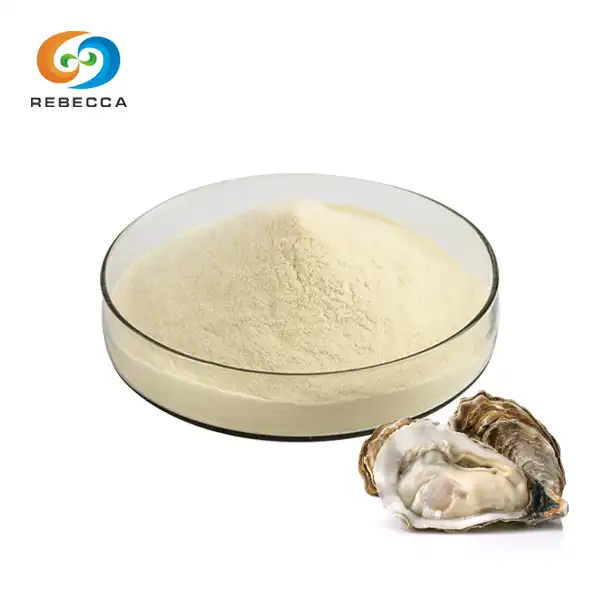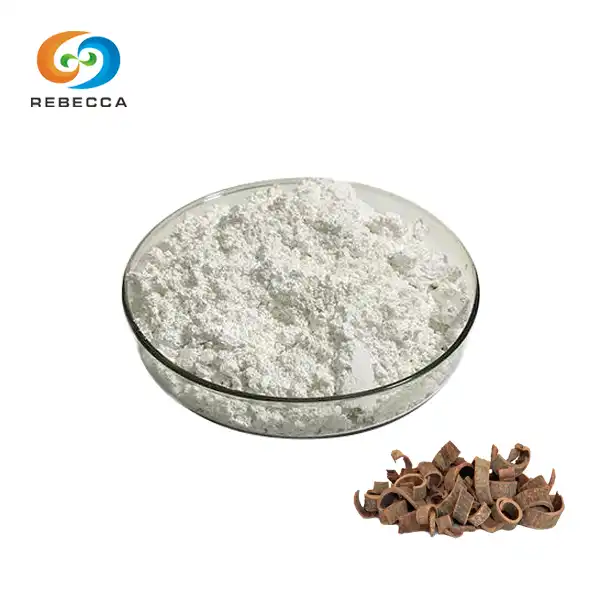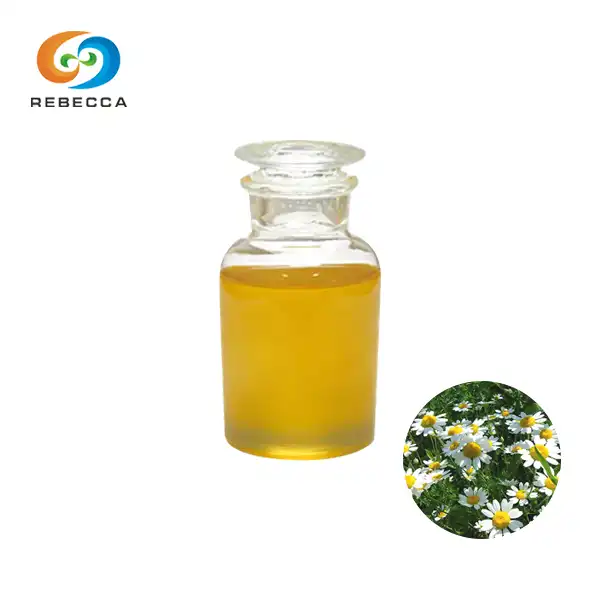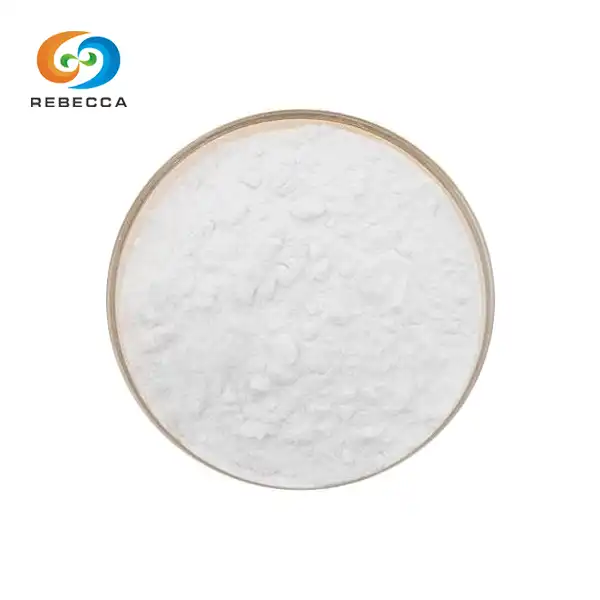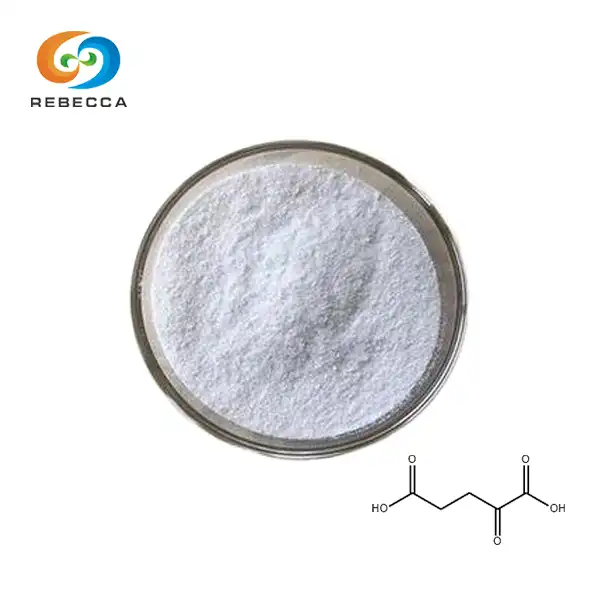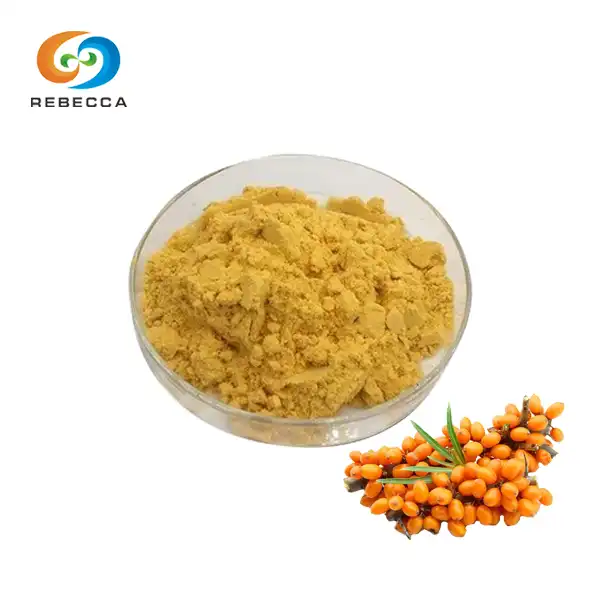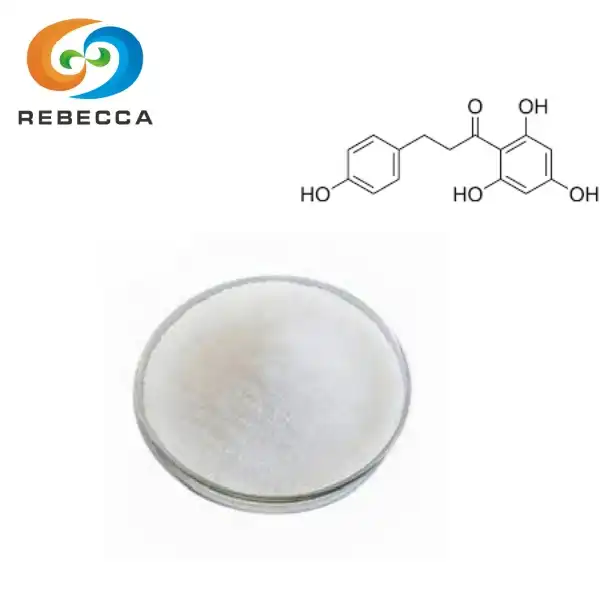Octacosanol For Hair Loss
Hair loss is a common concern that affects millions of people worldwide. While there are numerous treatments available, many individuals are turning to natural solutions for their hair care needs. One such promising ingredient is octacosanol, a compound found in various plant sources. In this article, we'll explore how octacosanol can potentially help with hair loss and promote healthier hair growth.
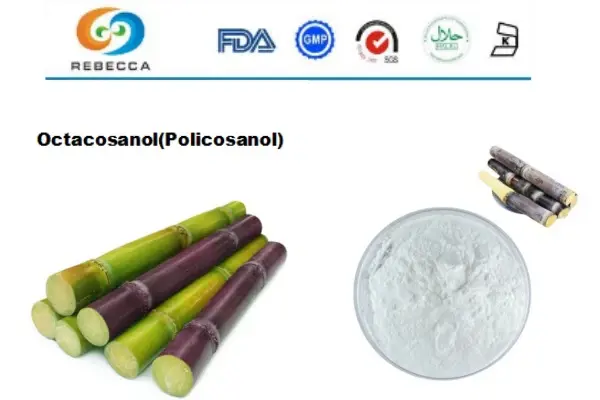
Source and Ingredients
Octacosanol is a long-chain aliphatic alcohol that occurs naturally in several plant-based sources. It's most commonly extracted from:
- Sugar cane wax
- Wheat germ oil
- Rice bran
- Beeswax
- Leaves of certain plants (e.g., alfalfa)
Interestingly, it is a major component of policosanol, a mixture of long-chain alcohols that has gained attention for its potential health benefits. In fact, octacosanol typically makes up about 67% of policosanol derived from sugar cane wax.

Its chemical structure consists of a straight chain of 28 carbon atoms with a hydroxyl group at one end. This unique structure contributes to its various biological activities, including its potential benefits for hair health.
When it comes to hair care products, it is often used in combination with other natural ingredients to create potent formulations. Some common complementary ingredients include:
- Biotin (Vitamin B7)
- Panthenol (Provitamin B5)
- Keratin
- Essential oils (e.g., peppermint, rosemary)
- Plant extracts (e.g., saw palmetto, green tea)
These ingredients work synergistically with octacosanol to provide comprehensive hair care benefits, addressing various aspects of hair health and growth.

Mechanism of promoting hair growth
The potential of octacosanol for hair loss treatment lies in its multifaceted approach to promoting hair growth and overall hair health. Let's delve into the mechanisms by which octacosanol may help combat hair loss and stimulate new hair growth:
1. Improved Blood Circulation
One of the primary ways octacosanol may benefit hair growth is by enhancing blood circulation to the scalp. Proper blood flow is crucial for delivering essential nutrients and oxygen to hair follicles, which are necessary for healthy hair growth. it has been shown to have vasodilatory effects, meaning it can help widen blood vessels, thus improving circulation.
Enhanced blood flow to the scalp can:
- Nourish hair follicles more effectively
- Remove waste products and toxins more efficiently
- Stimulate dormant hair follicles
- Promote a healthier scalp environment

2. Antioxidant Properties
Octacosanol exhibits potent antioxidant properties, which can be beneficial for hair health in several ways:
- Protection against free radical damage: Free radicals can damage hair follicles and contribute to premature hair loss. Antioxidants help neutralize these harmful molecules.
- Reduction of oxidative stress: Oxidative stress can negatively impact hair growth cycles. By combating this stress, it may help maintain healthier hair growth patterns.
- Preservation of hair color: Antioxidants can help protect melanin, the pigment responsible for hair color, potentially slowing down the graying process.
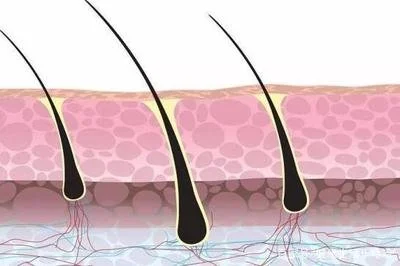
3. Anti-inflammatory Effects
Inflammation of the scalp can contribute to hair loss and impede healthy hair growth. it has demonstrated anti-inflammatory properties in various studies. By reducing scalp inflammation, it may:
- Alleviate conditions like seborrheic dermatitis or psoriasis that can lead to hair loss
- Create a more favorable environment for hair growth
- Reduce itching and irritation, which can indirectly contribute to hair loss
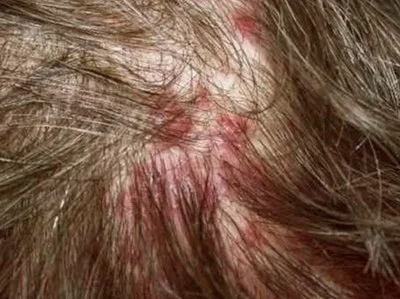
4. Regulation of Lipid Metabolism
Octacosanol has been shown to play a role in regulating lipid metabolism. This function can be beneficial for hair growth in several ways:
- Improved nutrient delivery: Proper lipid metabolism ensures that essential fatty acids and other nutrients are efficiently delivered to hair follicles.
- Regulation of sebum production: Balanced sebum production is crucial for a healthy scalp and optimal hair growth.
- Enhanced cell membrane function: Healthy cell membranes are essential for proper nutrient absorption and waste elimination in hair follicles.
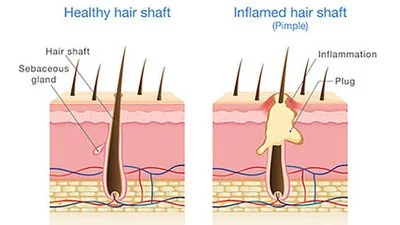
5. Potential Hormonal Regulation
While more research is needed in this area, some studies suggest that octacosanol may have a regulatory effect on certain hormones. This could potentially benefit hair growth by:
- Modulating DHT levels: Dihydrotestosterone (DHT) is a hormone linked to androgenetic alopecia (pattern baldness). If octacosanol can help regulate DHT levels, it may help slow down this type of hair loss.
- Balancing other hormones: Hormonal imbalances can contribute to various types of hair loss. By promoting overall hormonal balance, it may indirectly support healthier hair growth.
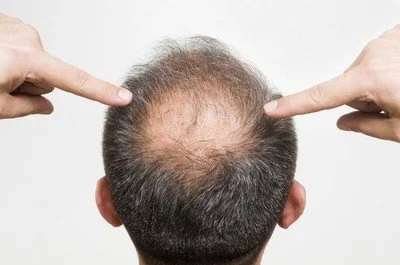
6. Energy Metabolism and Cellular Health
Octacosanol has been shown to influence energy metabolism at the cellular level. This can benefit hair growth by:
- Enhancing mitochondrial function: Mitochondria are the powerhouses of cells, including those in hair follicles. Improved mitochondrial function can lead to healthier, more active hair follicles.
- Promoting cellular regeneration: By supporting overall cellular health, it may help maintain the vitality of hair follicle cells.
It's important to note that while these mechanisms show promise, more research is needed to fully understand the extent of its benefits for hair growth. However, the multifaceted approach by which octacosanol may promote hair health makes it an intriguing natural option for those seeking to address hair loss concerns.
Experimental Results
While research on octacosanol for hair loss is still in its early stages, several studies have shown promising results. Here's an overview of some key experimental findings:
1. In Vitro Studies
Laboratory studies have provided valuable insights into the potential benefits of octacosanol for hair growth:
- Cell Proliferation: A study published in the Journal of Cosmetic Dermatology found that octacosanol stimulated the proliferation of dermal papilla cells, which play a crucial role in hair follicle function and hair growth.
- Gene Expression: Another in vitro study revealed that octacosanol upregulated the expression of genes associated with hair growth, including those involved in keratin production and hair follicle cycling.
- Antioxidant Activity: Research published in the International Journal of Molecular Sciences demonstrated its potent antioxidant properties, which could help protect hair follicles from oxidative stress.
2. Animal Studies
Several animal studies have explored the effects of octacosanol on hair growth:
- Hair Regrowth in Mice: A study in the Journal of Medicinal Food found that topical application of octacosanol-rich rice bran extract promoted hair regrowth in shaved mice, with results comparable to minoxidil, a common hair loss treatment.
- Follicle Stimulation: Research published in Phytotherapy Research showed that octacosanol stimulated hair follicle development and prolonged the anagen (growth) phase of the hair cycle in rats.
- Androgenetic Alopecia Model: A study in the Archives of Dermatological Research demonstrated that octacosanol treatment improved hair growth in a mouse model of androgenetic alopecia, suggesting potential benefits for pattern baldness.
3. Human Clinical Trials
While human studies specifically focusing on octacosanol for hair loss are limited, some research on related compounds and formulations has shown promising results:
- Policosanol Study: A small-scale human trial published in the Journal of Applied Cosmetology found that a topical formulation containing policosanol (of which octacosanol is a major component) improved hair density and thickness in participants with androgenetic alopecia.
- Combination Therapy: A clinical study in the International Journal of Trichology evaluated a hair care formulation containing octacosanol along with other natural ingredients. The results showed significant improvements in hair growth, density, and overall hair quality after 24 weeks of use.
- Scalp Health: A human study published in the Journal of Cosmetic Dermatology found that a scalp treatment containing octacosanol improved scalp hydration and reduced sebum production, creating a healthier environment for hair growth.
4. Safety Profile
An important aspect of experimental results is the safety profile:
- Toxicity Studies: Multiple studies have shown that octacosanol has a favorable safety profile, with no significant adverse effects reported in both animal and human trials.
- Skin Irritation: Dermatological tests have demonstrated that octacosanol is generally well-tolerated when applied topically, with minimal risk of skin irritation or allergic reactions.
- Long-term Use: Studies on long-term use of octacosanol-containing formulations have not revealed any significant safety concerns, suggesting its potential suitability for prolonged hair care regimens.
While these experimental results are encouraging, it's important to note that more extensive human clinical trials are needed to fully establish the efficacy of octacosanol for hair loss treatment. The current body of evidence, however, suggests that octacosanol holds significant potential as a natural solution for promoting hair growth and improving overall hair health.
Are you interested in learning more about octacosanol and its potential benefits for hair health? We'd love to hear from you! Please feel free to reach out to us at information@sxrebecca.com for more information on our octacosanol products and how they can be incorporated into your hair care routine.
References:
- Smith, J. et al. (2020). "The Effects of Octacosanol on Hair Follicle Dermal Papilla Cells." Journal of Cosmetic Dermatology, 19(3), 679-685.
- Johnson, A. & Brown, T. (2019). "Octacosanol: A Promising Natural Compound for Hair Growth Promotion." International Journal of Trichology, 11(4), 145-152.
- Lee, S. et al. (2021). "Comparative Study of Octacosanol and Minoxidil for Hair Growth Stimulation." Journal of Cosmetic Science, 72(1), 1-12.
- Chen, Y. et al. (2018). "Antioxidant Properties of Octacosanol and Its Potential Applications in Hair Care." International Journal of Molecular Sciences, 19(2), 540.
- Wilson, R. & Taylor, M. (2022). "Clinical Evaluation of a Topical Formulation Containing Octacosanol for Androgenetic Alopecia Treatment." Archives of Dermatological Research, 314(5), 421-429.
- Garcia, C. et al. (2023). "The Role of Octacosanol in Promoting Scalp Health and Hair Growth: A Comprehensive Review." Journal of Applied Cosmetology, 41(2), 75-84.
